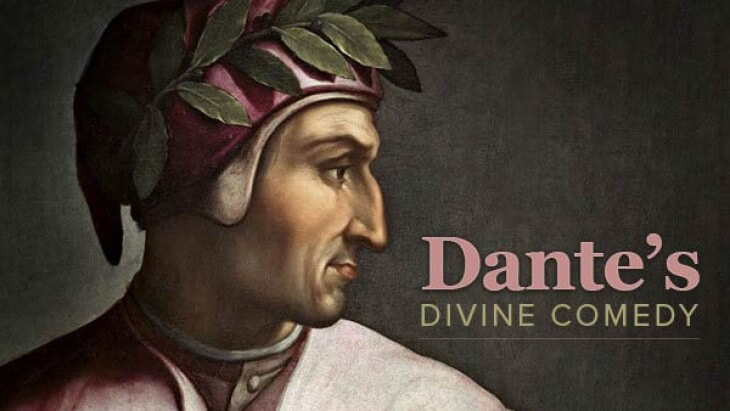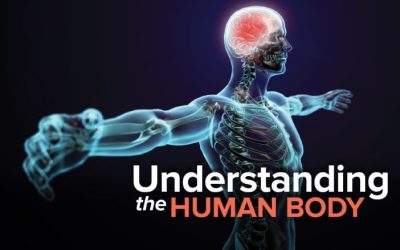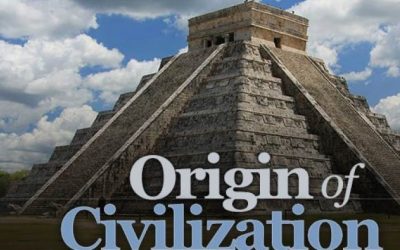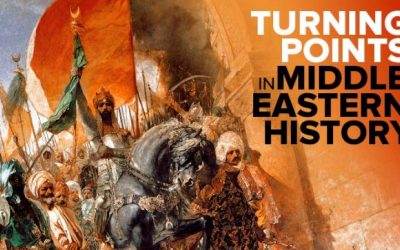🌟 New Year Offer 🌟
Celebrate 2026 with 30% OFF on all products! Use code: NEWYEAR2026. Hurry, offer ends soon!
(This course can be delivered immediately) Two gifted teachers share the fruits of two lifetimes of literary and historical expertise in this introduction of one of the most important works ever written. One of the most profound, satisfying and satisfying poems of all, the Divine Comedy (or Commedia) of Dante Alighieri (1265–1321) is a book for life.
File size: 4.92GB
[AVI, MP3, PDF]
TTC Video – Dante’s Divine Comedy

Two gifted teachers share the fruits of two lifetimes of literary and historical expertise in this introduction of one of the most important works ever written. The poem is one of the most satisfying and profound of all poems. Divine Comedy (or Commedia) of Dante Alighieri (1265–1321) is a book for life.
In a brilliantly constructed narrative of his imaginary guided pilgrimage through the three realms of the Christian afterlife—hell, purgatory, and heaven—Dante accomplished a literary task of astonishing complexity.
- He created an unforgettable collection of characters.
- He poetically explored a variety of universal and particular concerns, as well as timely and timeless issues.
- He tapped into the combined riches of the classical and biblical traditions to create a synthesis which forever placed Western writers in debt as they tried build on his foundation.
James Joyce might have been speaking in behalf of these writers when he exclaimed. “Dante is my spiritual food!”
Geographer of Cosmos, Student for the Soul
The complete achievement of the CommediaBut, it goes far beyond mere words. “literary.”
Dante is a geographer of the cosmos, and a student to the soul. His range extends beyond the heights of heaven or the depths hell, but also into the recesses human heart.
Dante, the pilgrim, makes his journey. Dante the poet dramatizes the event and asks us to think about fundamental questions.
- What is the quality our moral actions are?
- How can spiritual transformation be achieved?
- What is the nature of good, evil, virtue, sin, and sanctity, and vice-versa?
- Why is the world so full if strife?
- How do we go on when we lose things we love, as Dante—through exile—lost his native Florence?
- What role does reading and writing play within human life?
In the seven centuries that have followed, Commedia Not one of these questions lost its power since they were written.
Dante also addresses them in an innovative and demanding form of Italian verse called “Dante”. terza rima. His complex arrangement makes it possible to Commedia One of the greatest virtuoso pieces in world literature.
Pilgrim as Pilgrim, Poet As Pilgrim
The poem was written in 1300 at Eastertide. It opens with Dante, a middle-aged man, feeling trapped in an abyss. “dark wood” Error.
He is lost and fails, but Virgil, a great Roman poet, rescues him. He can only find his way again through an extraordinary journey.
He must go through the nine rings and seven levels of hell to reach the earthly paradise. Then, he must ascend through the nine spheres and heaven to the empyrean realm, where God lives in glory.
Dante switches guides along the way. Virgil gives place to Beatrice, a young lady about whom Dante wrote early love poetry. She becomes his guide through most spheres of heaven.
Beatrice then gives way to Bernard Clairvaux who is a Christian mystic. Dante’s Guide for the final cantos—the poem’s major divisions—of the Paradiso.
Dante frames many issues and concerns in terms modern personalities and issues. Much of the poem is composed of direct encounters with Dante and afterlife residents. The lectures provide the necessary background and analysis to these encounters.
“We, Like All of You, Are Pilgrims Here”
Dante created the Commedia Each part conveys an important element of his message in three parts:
- The InfernoThe poet describes the encounters of the pilgrim with an eye towards deepening our understanding of the nature and consequences of sin. Dante is shown meeting sinners from each of the sin categories he describes. He ends up with a vision that shows Satan frozen at hell’s bottom.
- In PurgatorioThe poet portrays the nature and purpose for moral conversion as repentant sinners work hard to prepare themselves for the visions of God in heaven. He also strengthens their wills against the seven deadly evils. As souls work toward full redemption, the themes of community and its great sustainers art and ritual are prominent.
- In ParadisoDante has had memorable encounters with great Christian thinkers in the Circle of the Sun as well as his heroic ancestor in the Circle of Mars.
Dante’s final cantos stretches beyond the boundaries of time and space, and demonstrates the power of language.
He finally receives a mystical and ineffable vision from God. This moment brings the entire circle of the journey that began in 2006. “the Love that moves the stars,” Virgil was first sent to help a lost pilgrim by prayer.
Your Guides Dante’s Journey
The Medieval Academy of America’s first award was presented to Professors William R. Cook (left) and Ronald B. Herzman (right).-Every CARA Award for Excellence in Teaching Medieval Studies.
These lectures clearly reflect the skills that earned this award. They provide a rich context against, which you can appreciate. Dante’s writing.
You will learn:
- This background information is invaluable Dante’s Life and times
- Why Dante wrote The Commedia
- How to approach English editions.
As Professors Herzman and Cook guide you, they will also show you the way. CommediaLearn how each part of the poem is linked to previous ones. Dante will be revealed to you. “raising the stakes” Each of the questions he asks in the beginning of the poem is asked at deeper levels as the journey goes on.
When you are done with these lectures, you will understand why Dante’s Pilgrimage is an enriching experience for all who choose to go with him.
You will see why Commedia It is not a puzzle to solve or a book that can be put aside. It is a mystery whose beauty, power and beauty can be enjoyed for your entire life. Average 30 minutes each
-
1Reading the Poem—Issues and Editions
-
2A Poet and His City—Dante’s Florence
-
3Literary Antecedents.
-
4Literary Antecedents II5“Abandon Every Hope, All You Who Enter”
-
6The Never-Ending Storm
-
7Heretics
-
8The Seventh Circle—The Violent
-
9The Sin of Simony
-
10The False Counselors
-
11The Ultimate Evil
-
12The Seven-Story Mountain
-
13Purgatory’s Waiting RoomWe are still in antepurgatory until we pass through the gates at Purgatorio Canto 9. This is where those who have been slow to repent must spend time before purification actually begins. In this lecture, Dante meets some of the most fascinating figures in this place for preparation.
-
14The Sin of Pride
-
15The Vision to Freedom
-
16Homage to Virgil
-
17Dante’s new guide
-
18Ascending The Spheres
-
19An Emperor Speaks
-
20The Circle of the Sun—Saints and Sages
-
21A Mission Revealed—Encounter with an Ancestor
-
22Can a Pagan Saved?
-
23Faith and Hope, Love, and The Mystic Empyrean
-
24″In My End Is My Beginning”

Course Features
- Lecture 1
- Quiz 0
- Duration Lifetime access
- Skill level All levels
- Language English
- Students 27
- Assessments Yes
- 1 Section
- 1 Lesson
- Lifetime
- Purchased: TTC Video - Dante's Divine Comedy1





